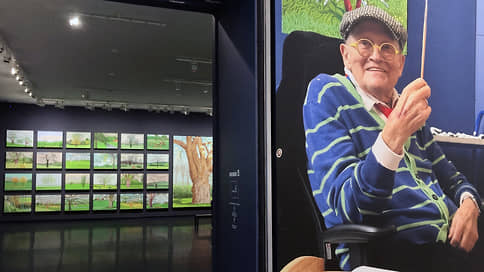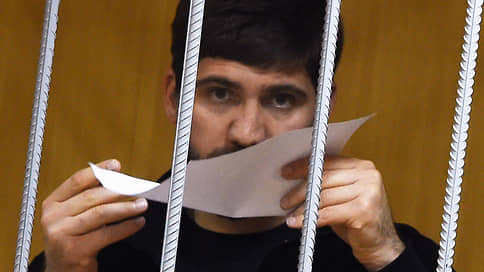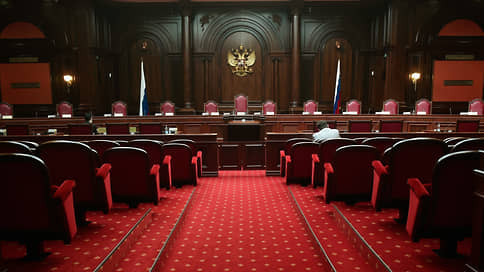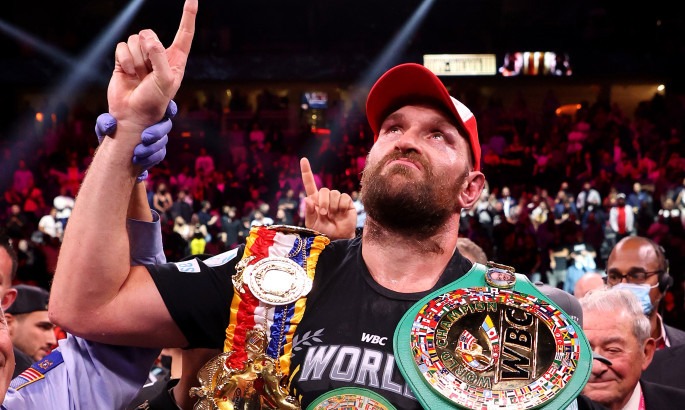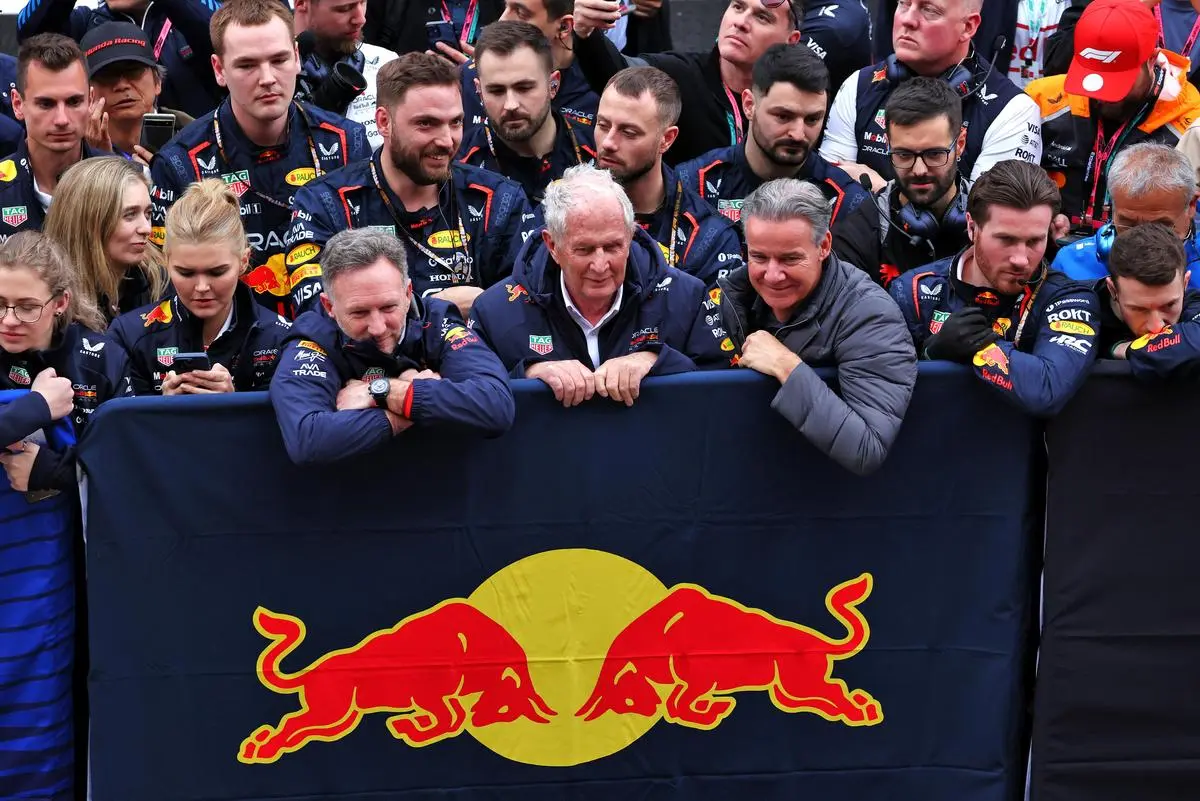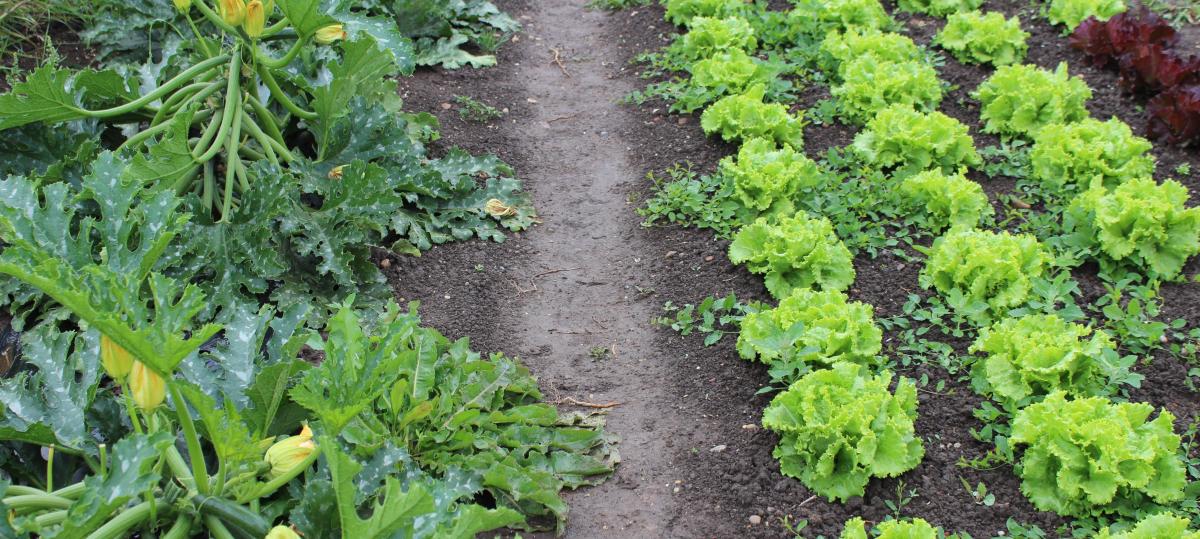The delegations of the United States and Iran held negotiations in Oman under the nuclear program of Tehran
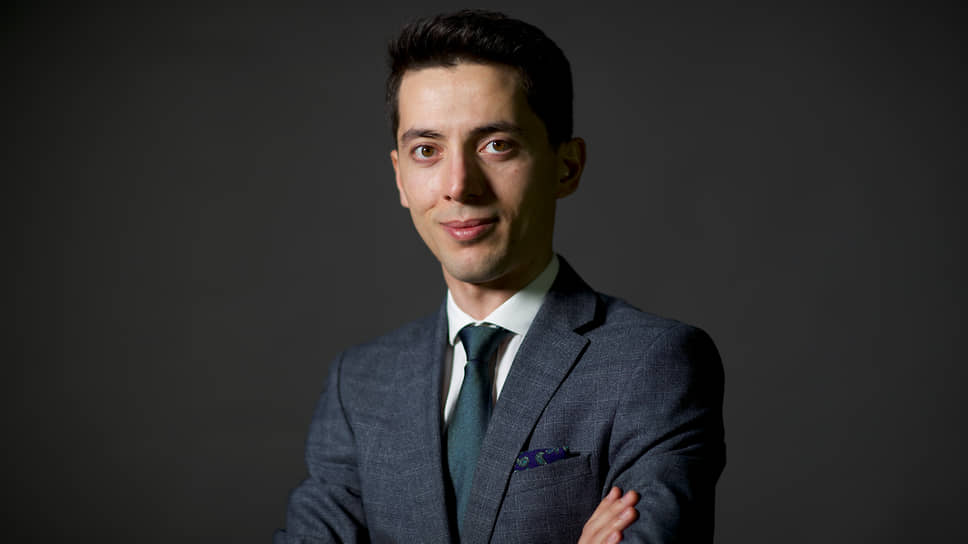
The delegations of the United States and Iran held negotiations in Oman under the nuclear program of Tehran. This was their first bilateral contact after the Islamic Revolution of 1979. According to the results of the meeting of the Special Supervisor President Trump Stephen Witkoff and the Foreign Minister of Iran Abbas Aragchi, the parties agreed to continue the dialogue in Oman on April 19. President Trump is in a hurry to achieve major international success before the expiration of the 100-day period of his reign, while Tehran sets its main task as soon as possible withdrawal of American sanctions. A decrease in the risk of military confrontation in the Middle East can also record in its asset and Russia, which has declared unreasonableness to provide military assistance to Tehran in case of its conflict with the United States.
The US-Iranian negotiations became a world sensation, the interests of the head of the American delegation in Oman, Special Supervisor of President Trump, Stephen Witkoff and his meeting with Russian President Vladimir Putin, were even more interested in the interest in St. Petersburg.
Iran did not appear any official evidence that in addition to Ukraine, the topic of negotiations in St. Petersburg was also.
However, before, before the US-Iranian meeting in Oman, Vladimir Putin’s press secretary Dmitry Peskov said that Moscow was calling for Washington and Tehran to de-escalation.
“We hear a fairly hard rhetoric. Naturally, the Iranian authorities are taking the necessary preventive protective measures. All this leads to an increase in tension. We believe that in these conditions the main thing is to concentrate on those news that speak of the possibility of contacts. Direct or indirect – this is not so important, ”said Mr. Peskov.
The position of the Russian diplomatic department was formulated by the deputy head of the Ministry of Foreign Affairs of the Russian Federation Andrei Rudenko. “We sincerely wish good luck to our Oman friends who acted as intermediaries. We are also ready to attach our hand and heart, ”said the Russian diplomat. According to him, according to the new agreement on a comprehensive strategic partnership with Tehran, Russia is not obliged to provide military assistance to Iran in the event of an attack by the United States, but will strive « by all means to avoid a script that threatens the most deplorable consequences for the region. » “Everything that is needed will be undertaken by our government,” Mr. Rudenko assured.
The first American-Iranian negotiations held on April 12 after the Islamic Revolution of 1979, at which the American delegation was headed by Stephen Witkoff, and Iranian-the head of the country’s Foreign Ministry Abbas Aragchi showed that the scenario of the Great War in the Middle East is inferior to the negotiation process between Washington and Tehran.
Details of the meeting in the Oman capital of the Maskat was revealed by the head of the Iranian delegation Abbas Aragchi. In an interview with Iranian television, he said that within two and a half hours the parties spent four exchange of views, being in different rooms and communicating not directly, but with the mediation of the Foreign Minister Oman Badra al-Busaidi.
According to the Iran Foreign Minister, the negotiations « reigned with a calm atmosphere, there were no threats from Washington representatives. »
“Now we need to analyze the past round of negotiations, think and conduct consultations at various levels. Both parties admitted that they want to come to the agreement in the very near future, ”the Iranian minister added, without specifying which agreement can be discussed.
The future agreement should be discussed during the second round of negotiations in Oman, which will be held on April 19 at the same level. An agreement on such a meeting was one of the main results of the negotiations on April 12.
The head of the American delegation, Steven Whitkoff, who called the discussion “very positive and constructive”, similarly with the Iranian statement, was similar to the Iranian statement.
A White House made a separate statement. “The Whitkoff Special Snowman emphasized in a conversation with Dr. Aragchi that he has instructions from President Trump to resolve the differences between the two countries through dialogue and diplomacy, if possible. These are very difficult problems, and the direct communication of Whitkoff was a step forward in achieving a mutually beneficial result, ”the US administration noted.
At the very end of the meeting, the American side got the opportunity to call it, albeit symbolically, direct contact. Already leaving the negotiations, Stephen Whitkoff and Abbas Aragchi for several minutes spoke personally in the presence of Badra al-Busaidi.
“I want to thank my colleagues for participating in negotiations that have been held in a friendly atmosphere that contributes to the rapprochement of positions and ultimately to achieve peace, security and stability in the region and the world,” summed up the intermediary of Badr al-Busaidi. He called the meeting « the beginning of dialogue in order to conclude a fair and legally binding agreement. »
“According to the results of the meeting in Oman, both Iranians and the Americans called negotiations positive and constructive. This is encouraging, ”wrote the Permanent Representative of the Russian Federation at international organizations in Vienna Mikhail Ulyanov in his Telegram channel.
However, the question of what should become the subject of the future agreement between Washington and Tehran and how real it is its signing in the shortest possible time.
According to the newspaper The Wall Street Journal, Iran is ready to return to the levels of enrichment of uranium, which provided for the nuclear transaction of 2015, but subject to certain conditions from the United States. These conditions should be the mitigation of sanctions against the nuclear industry of Iran, defrosting Iranian assets and termination of pressure on Chinese buyers of Iranian oil.
Referring to a high -ranking American official, The New York Times confirms that at negotiations in Oman Stephen Whitkoff did not offer Tehran to completely abandon the Uranus enrichment program, but raised the question that the Islamic Republic should not have the opportunity to turn its nuclear material into weapons.
According to leaks in the American media, the negotiations in the Oman not only did not raise the issue of the elimination of Iranian nuclear facilities, but the ties of Tehran with the Palestinian movement of Hamas, the Hezbollah and Yemenic Husites were not discussed.
Thus, during the second round of consultations in the Oman, Tehran will be able to again raise the question of returning to the indicators of the enrichment of uranium, which are provided for by the six international intermediaries (five permanent members of the UN and Germany Security Council) with a joint comprehensive plan of actions (SVPD) under the Iranian nuclear program.
In turn, Donald Trump, who, during the first presidential term in 2017, led the United States from the SVPD and pushed Tehran to activate its nuclear programs, is now forced to hastily adjust his tough position.
To intensify contacts with the leadership of Iran Donald Trump, a growing need for a major diplomatic success on the eve of the 100-day period of his stay in the White House, which expires on April 30.
The confirmation that Donald Trump is already preparing to bring negotiations with Iran into the asset of his second presidential term, but at the same time is in no hurry to take sanctions from the Islamic Republic, was his assessment of negotiations in Oman. “Negotiations with Iran are going well,” he said, while communicating with the journalists of the White House press gun on board his plane, right there, however, adding that “this does not mean anything until the goal has been achieved.”

